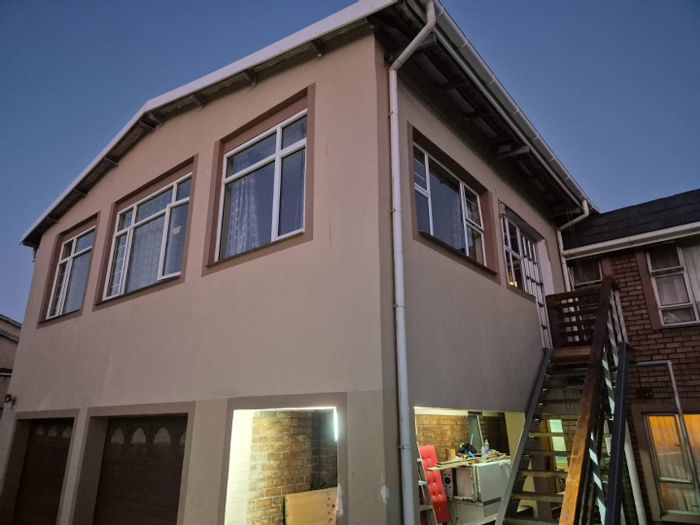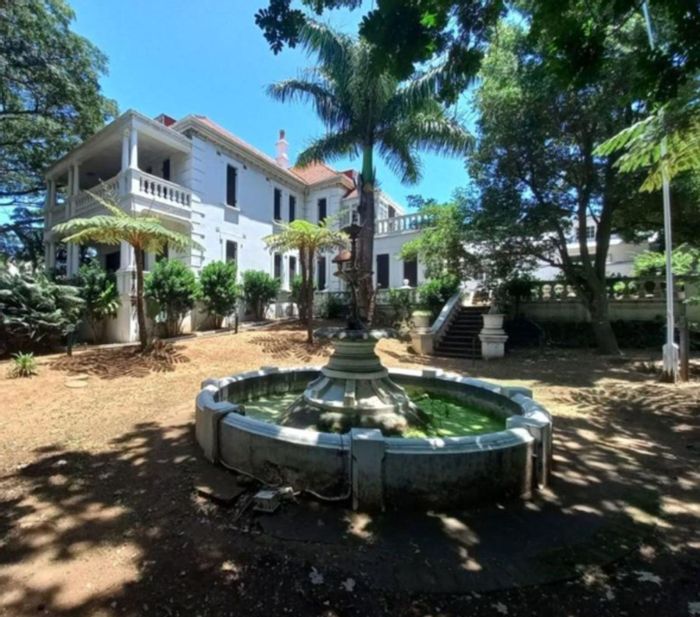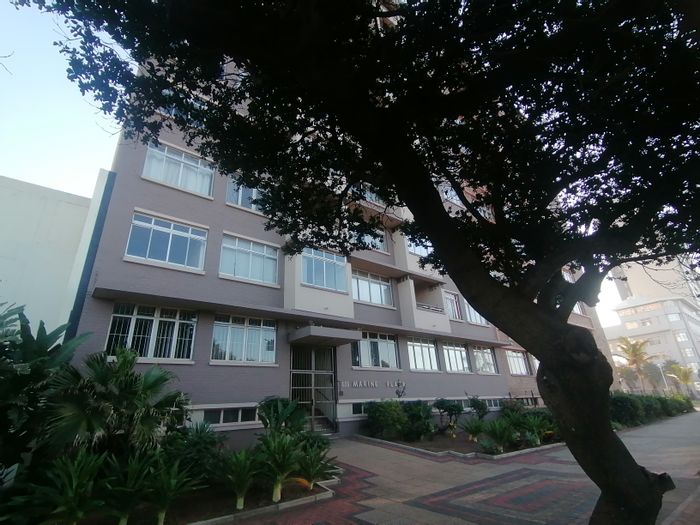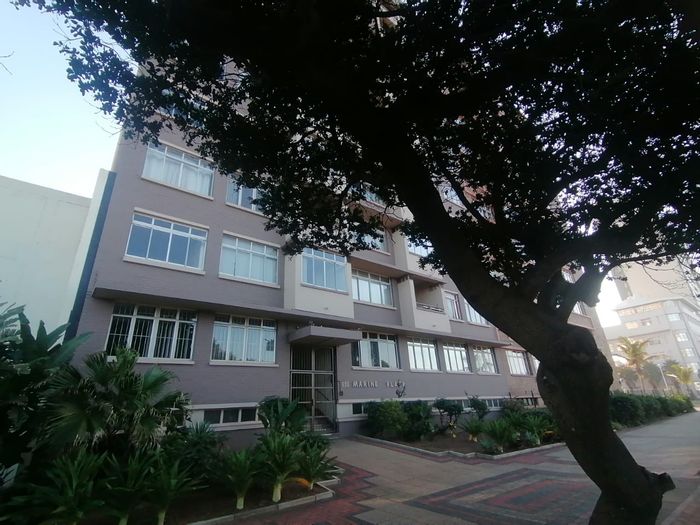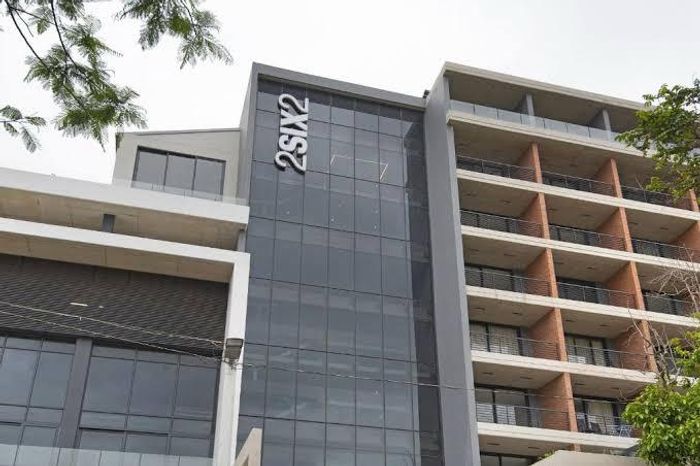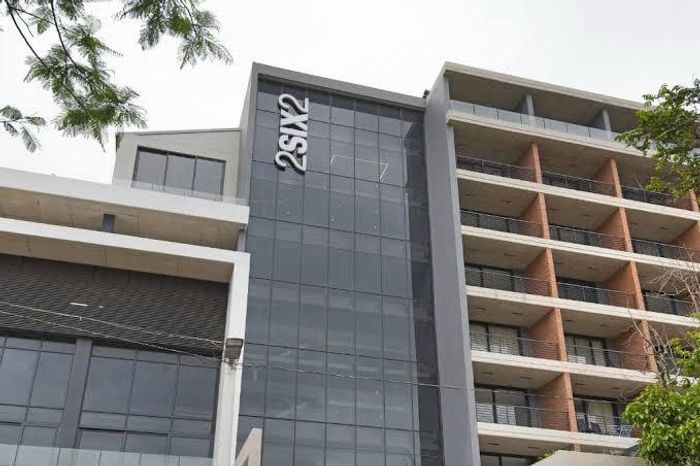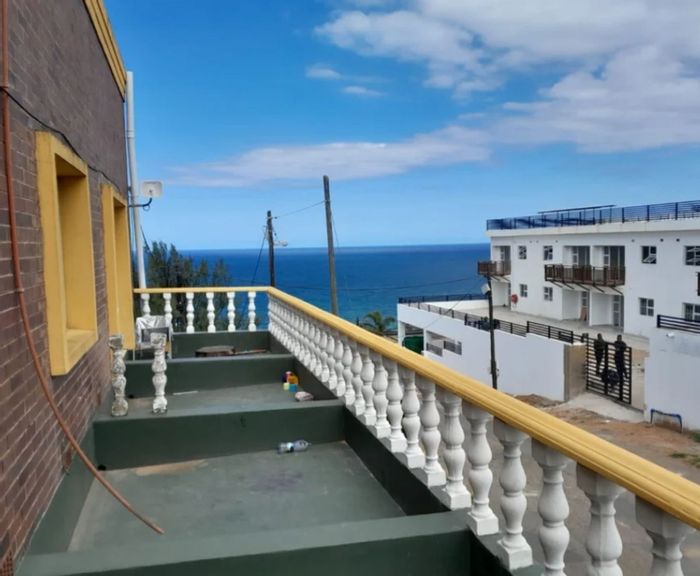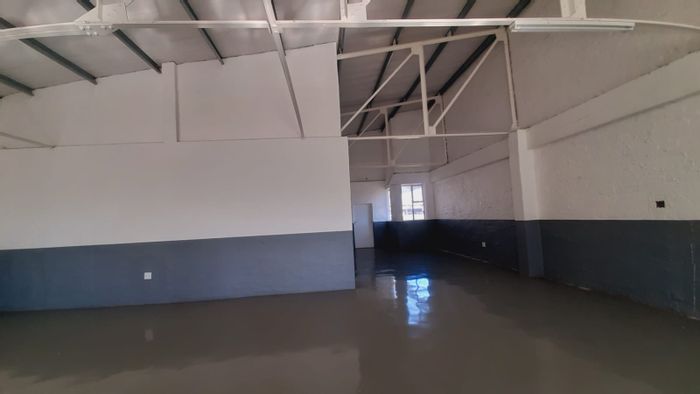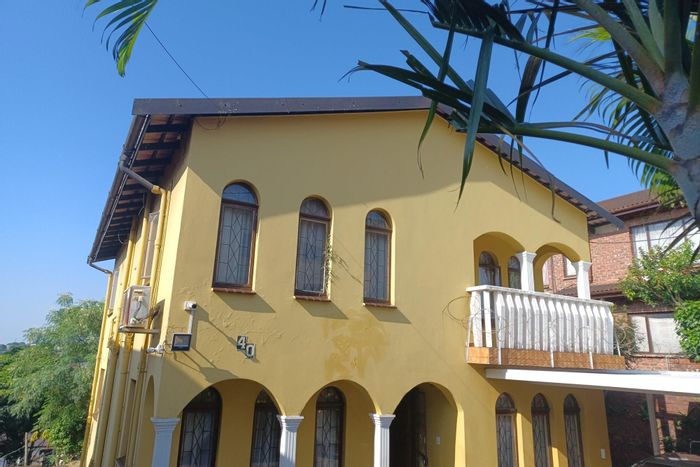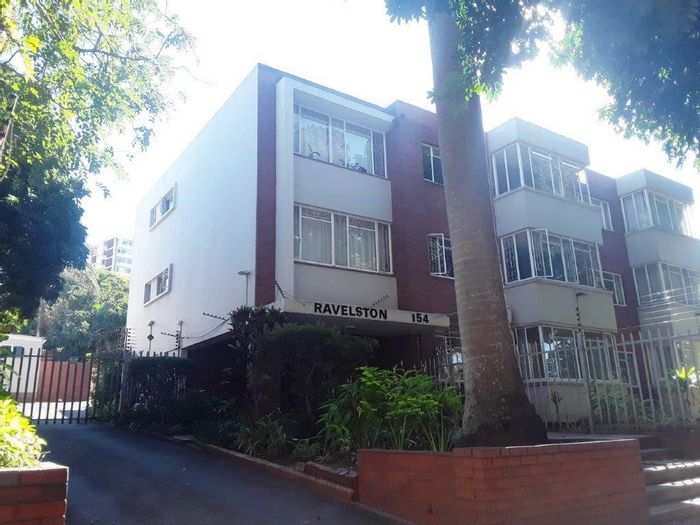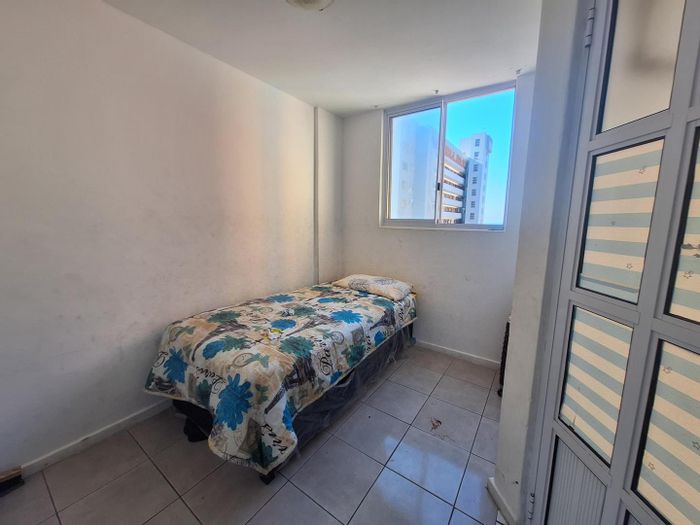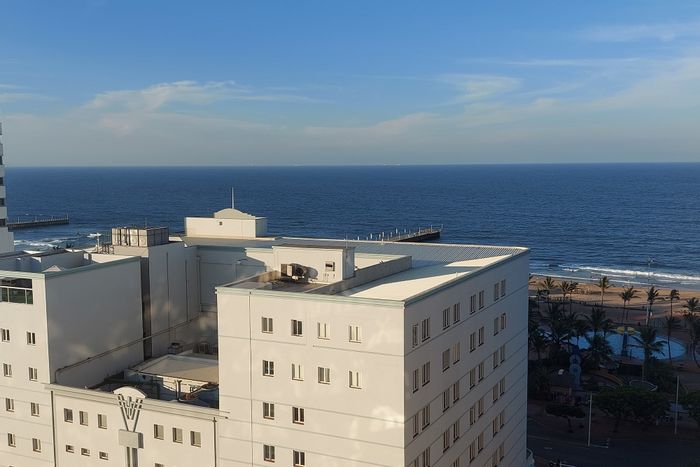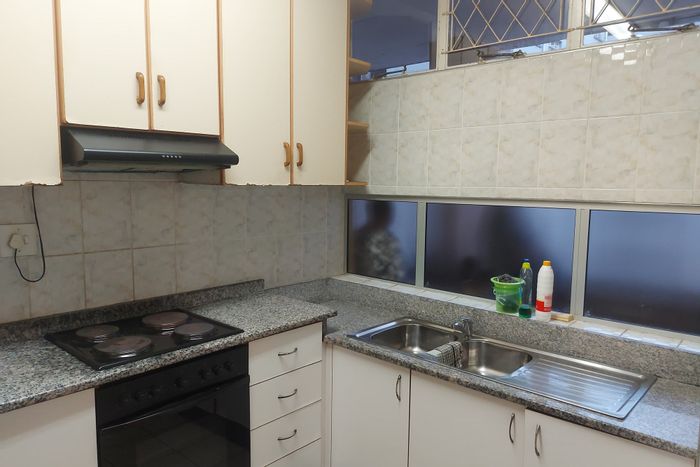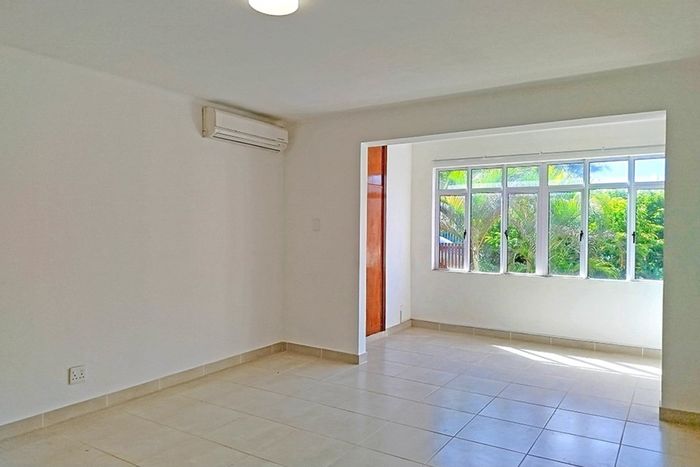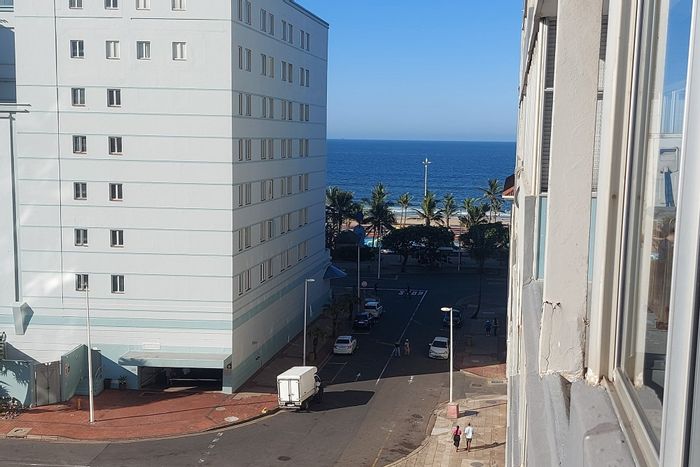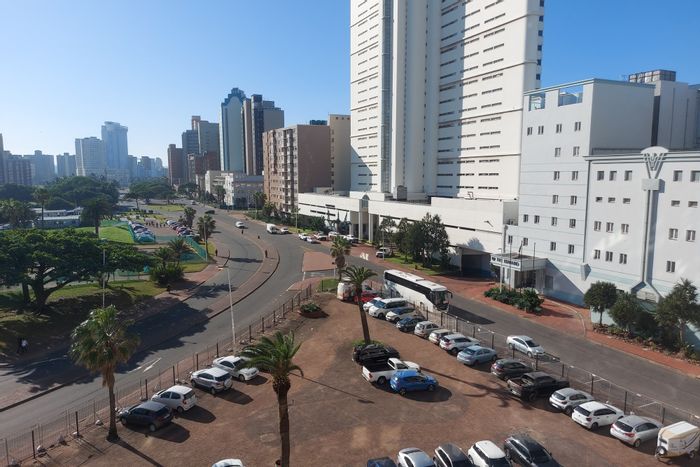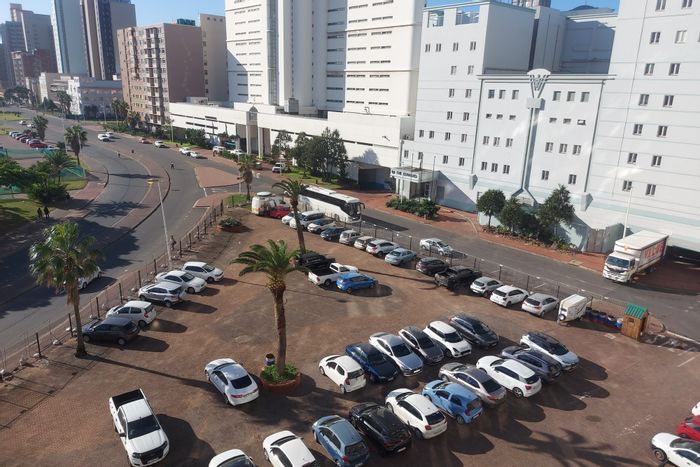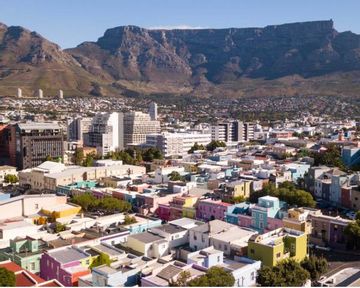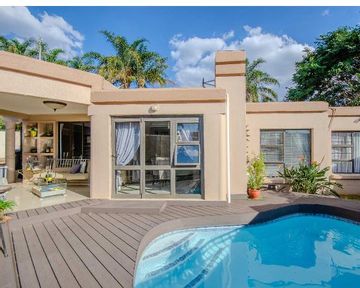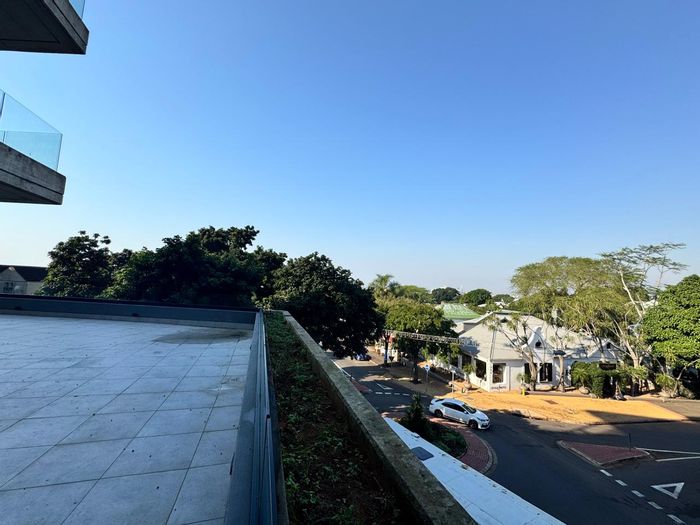Durban property guide
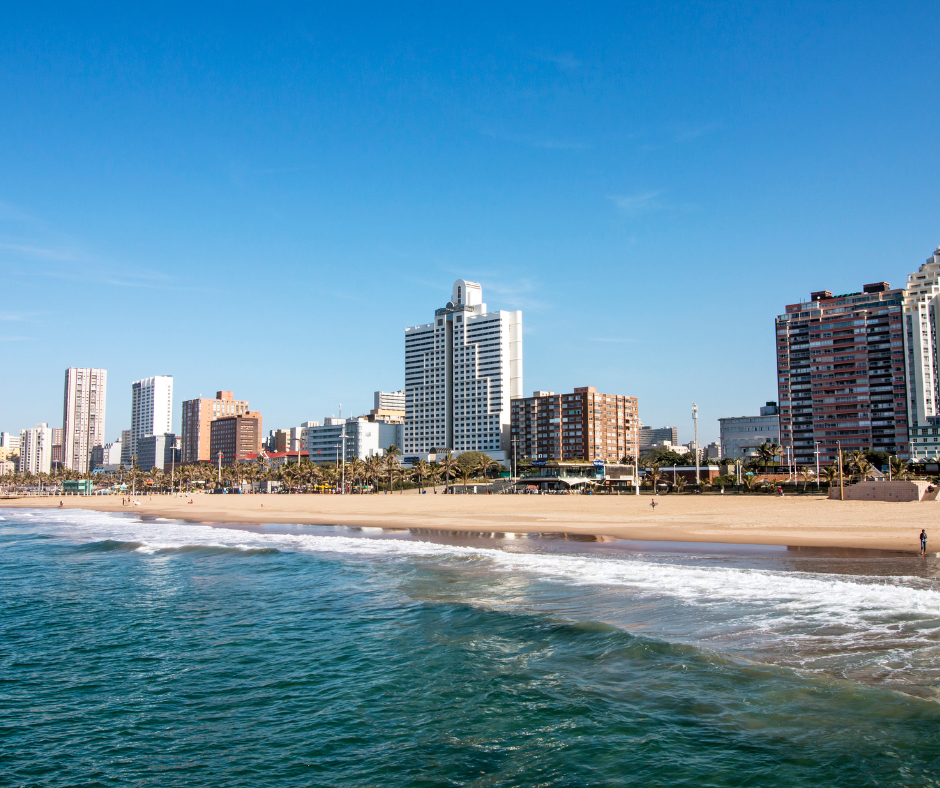
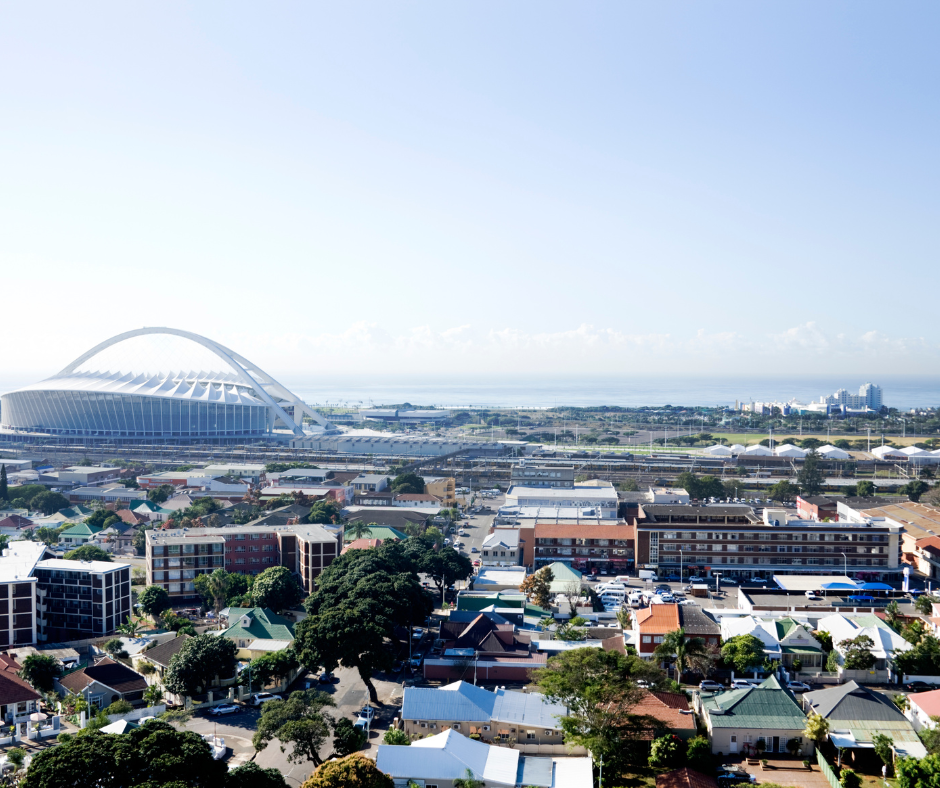
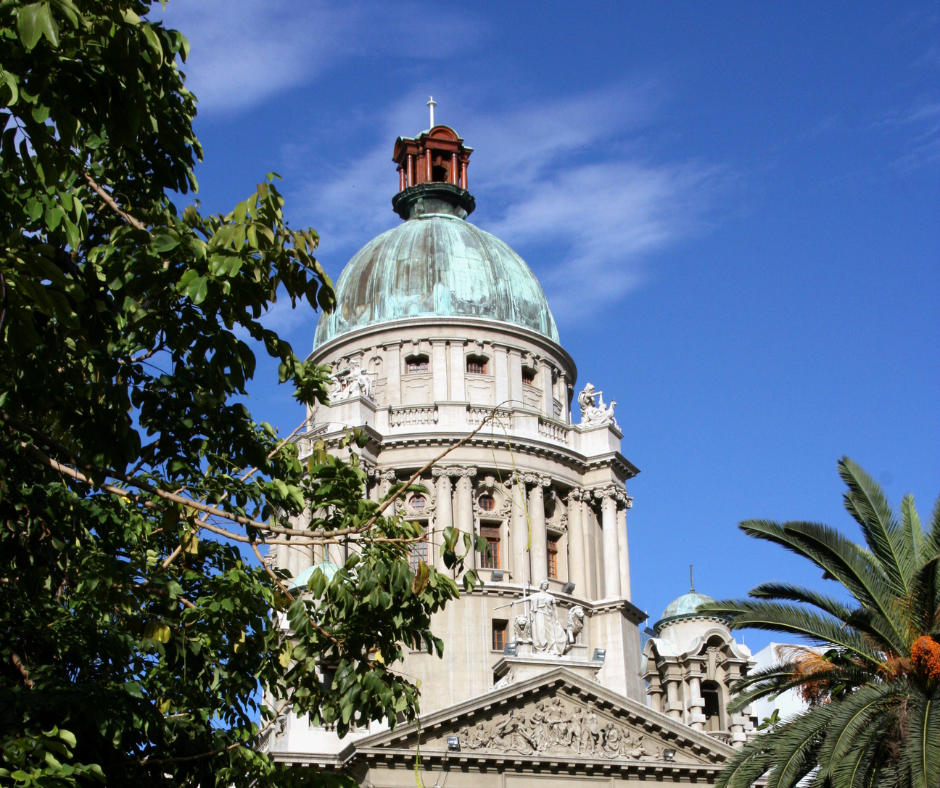
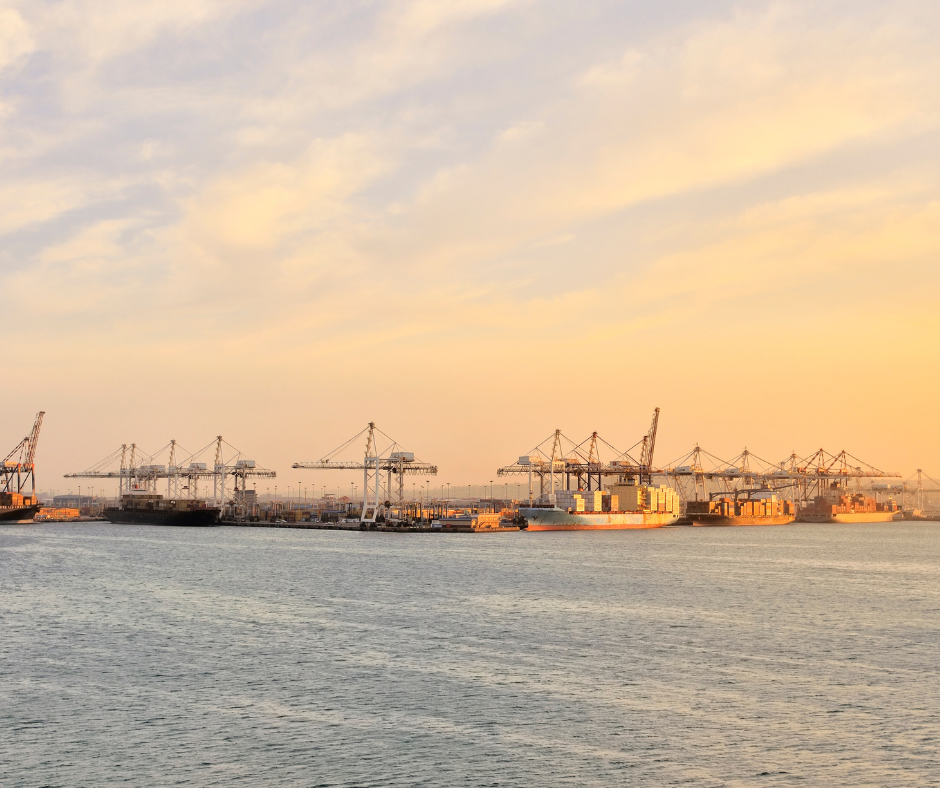
Durban at a glance
Durban is the third largest city in the country and is also home to one of the busiest ports in the world. The port is not only a vital link for international trade but is also a launching point for many sea bound tourism. Although the city is always buzzing with activity, Durbanites are also treated to a subtropical climate which lends itself to lazy summer days and cool winter days. The perfect setting for those wanting to spend time outdoors be it on the waves of the world famous surfing spots or training for the Comrades Marathon which takes place between Durban and Pietermaritzburg each year. Durban is also home to the Sharks rugby team and many Saturdays during rugby season see Kings Park Stadium, affectionately named Shark Tank, filled with supporters of the team. Durban was also a host city for the Soccer World Cup 2010 and the newly built Moses Madhiba stadium still remains an attraction. Lush gardens in charming suburbs is a characteristic feature of property in Durban, while homes can range from the ultra modern to the more old style design elements of years gone by. With many schools and campuses of the University of KwaZulu Natal situated in the city, it is also a prime destination for those wanting to further their careers. In early 2019 Durban has been voted the greenest city in the world as reported by the first Husqvarna Urban Green Space Index. HUGSI Index is a digital innovation initiative which utilizes computer vision and deep learning techniques on satellite images to generate insights about the size, proportion, distribution, and health of green space in urban areas. Durban came out on top against 94 cities in the world followed by Rio De Janero in the second place and Austin took the third place. The Index recognised Durban for its sustainability and greening initiatives that are aimed at safeguarding green spaces by ensuring there are not jeopardise by urbanization. Such initiatives are implemented and managed by the City’s Parks Leisure and Cemeteries Department which makes Durban more caring and liveable by rolling out climate-resilience strategies and curating open green space. Deputy Head of Parks, Leisure and Cemeteries, Sibusiso Mkhwanazi said the recognition was as a result of the City’s greening strategy and policy which directs planting of 80% indigenous trees and 20 % exotic plants. “The strategy is setting aside huge natural and green areas known as Dmoss as part of spatial planning. It informs us on what to plant, how to plant and where to plant more trees. Furthermore, as part of creating an urban forest the city has a programme where we plant trees to rehabilitate areas that have been eroded. This effort has then contributed to us being the greenest city,” said Mkhwanazi. Durban is a recipient of two Arbor City Awards from the National Department of Agriculture Property Types • Houses • Townhouses • Apartments • Vacant Land Schools • Clifton School • St. Henry's Marist Brothers' College • Durban Girls' College
view all Durban properties to rent
